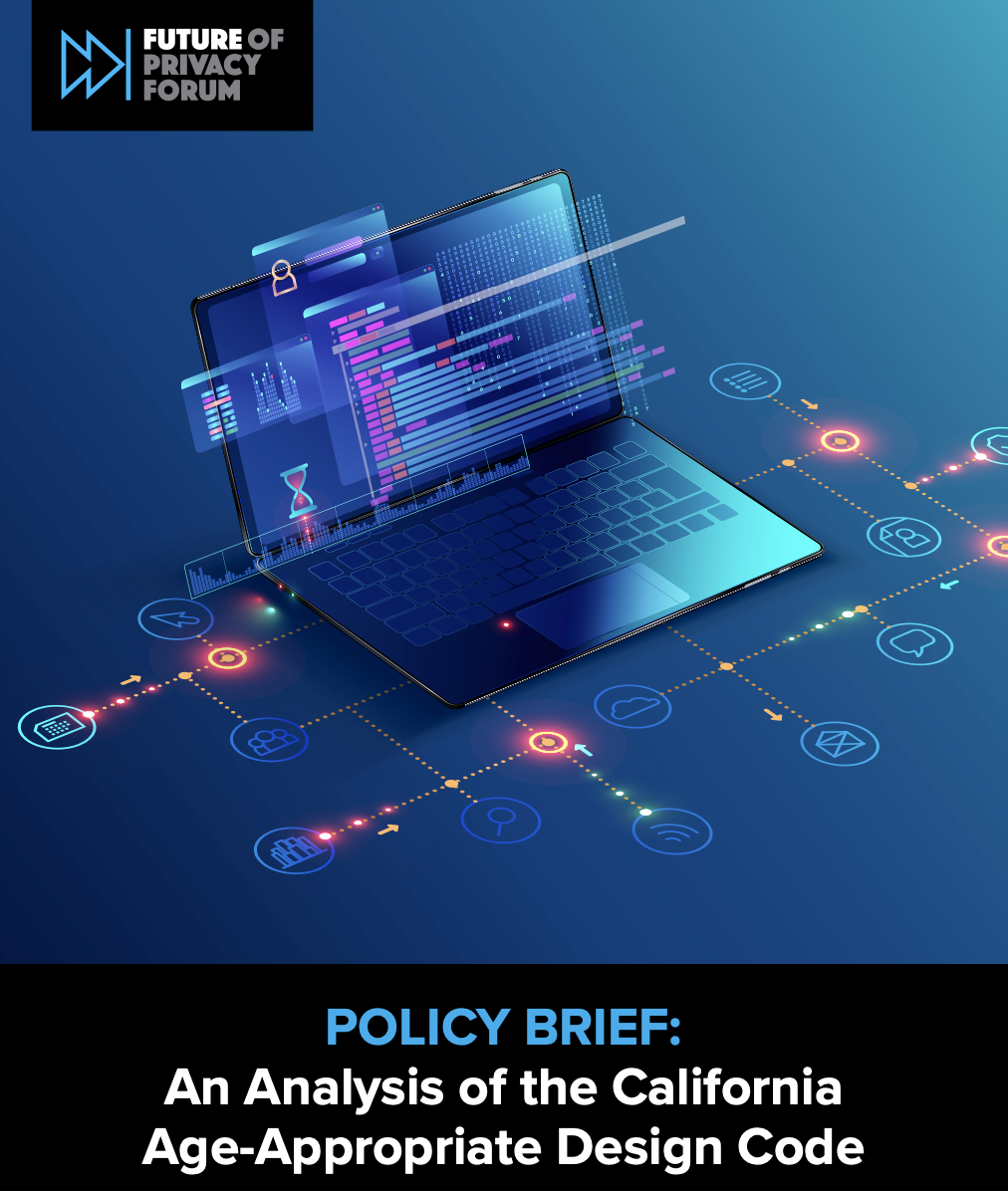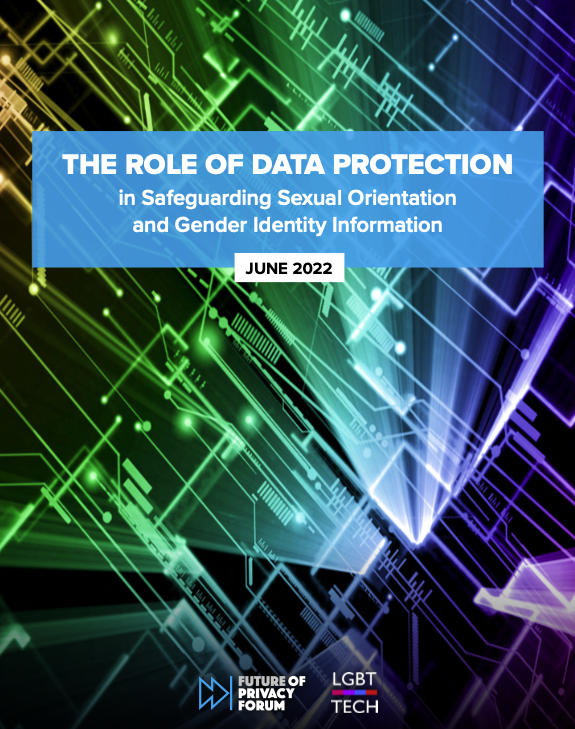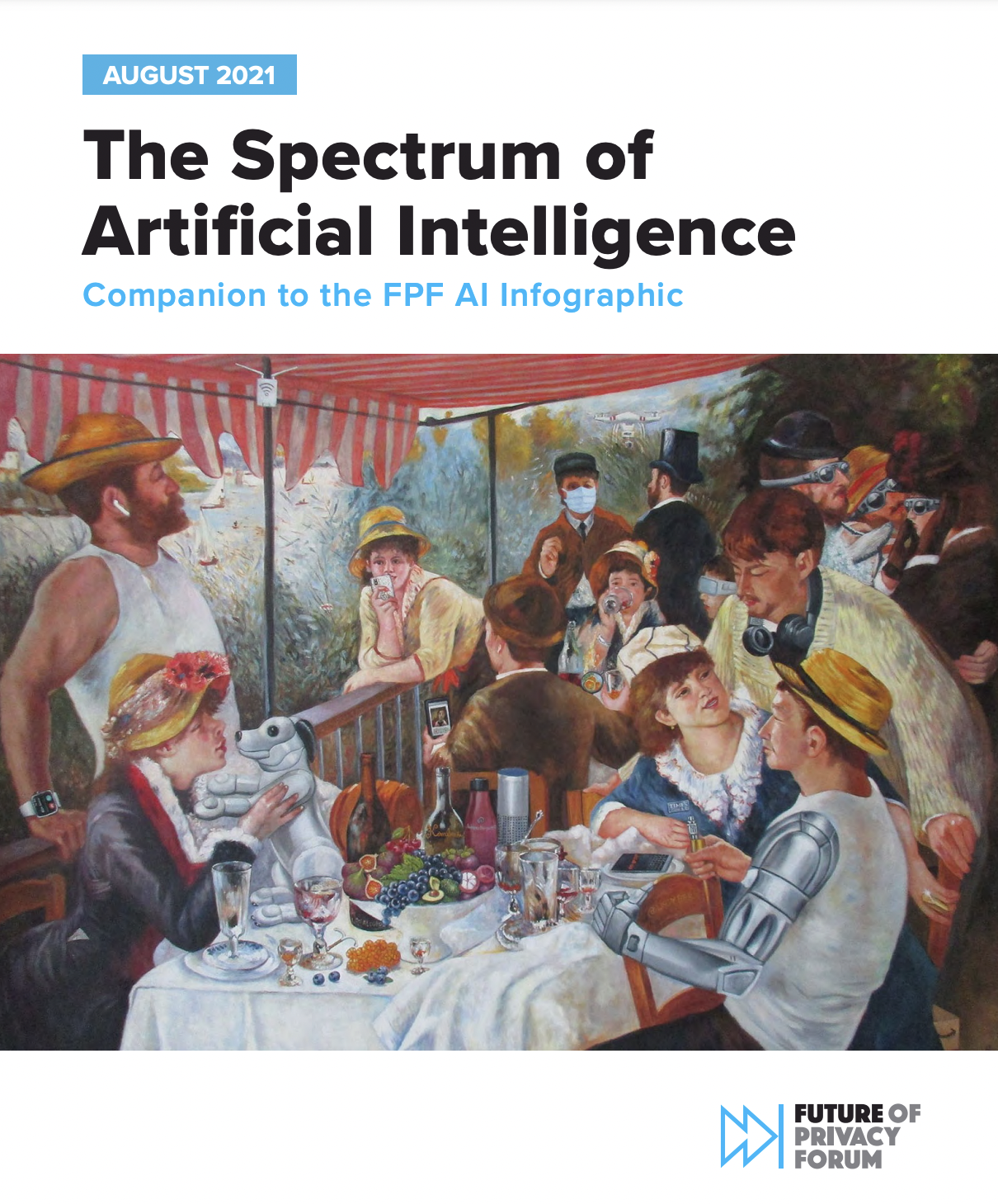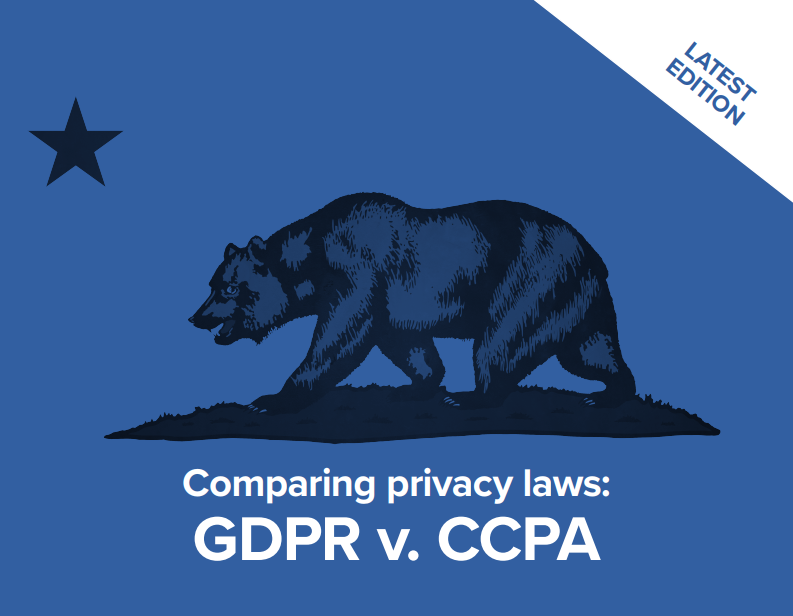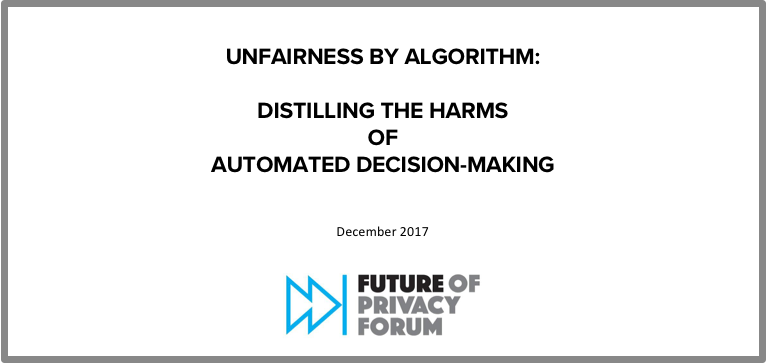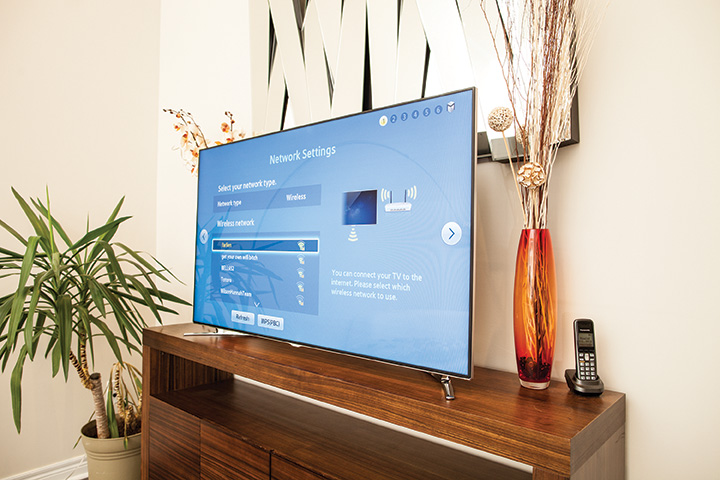FPF Releases Analysis of California’s New Age-Appropriate Design Code
FPF’s Youth & Education team is pleased to publish a new policy brief that builds on this first brief by providing a comparative analysis of the United Kingdom’s Age Appropriate Design Code (UK AADC) to the California AADC, which was modeled after the UK AADC. Learn more and download the UK and CA AADC Comparative policy brief here. […]
Report Analyzes the Role of Data Protection in Safeguarding Sexual Orientation and Gender Identity Information
While digital technology has empowered LGBTQ+ individuals to find community and access services, the increasing availability and use of connected devices have also created new privacy risks for LGBTQ+ communities. Today, the Future of Privacy Forum (FPF), a global non-profit focused on data privacy and protection, and experts from LGBT Tech — a national, nonpartisan […]
FPF Releases Policy Brief Comparing Federal Child Privacy Bills
On Wednesday, July 27, 2022, the Senate Committee on Commerce, Science, and Transportation held a markup of two bills this resource highlights: The Kids Online Safety Act and the Children and Teens’ Online Privacy Protection Act (COPPA 2.0). The Committee advanced both bills with significant amendments. Both bills garnered bipartisan support, with the Kids Online Safety […]
The Spectrum of AI: Companion to the FPF AI Infographic
This paper outlines the spectrum of AI technology, from rules-based and symbolic AI to advanced, developing forms of neural networks, and seeks to put them in the context of other sciences and disciplines, as well as emphasize the importance of security, user interface, and other design factors.
Policy Brief: Location Data Under Existing Privacy Laws
The Future of Privacy Forum released a new policy brief, Location Data Under Existing Privacy Laws. Defining and regulating location data in a privacy law can be an elusive challenge. In part, this is due to its ubiquity in our lives: information about how devices and people move through spaces over time is utilized by Wi-Fi […]
Comparing Privacy Laws: GDPR v. CCPA
In November 2018, OneTrust DataGuidance and FPF partnered to publish a guide to the key differences between the General Data Protection Regulation (GDPR) and the California Consumer Privacy Act of 2018 (CCPA). Since then, a series of bills, signed by the California Governor on 11 October 2019, amended the CCPA to exempt from its application […]
Unfairness By Algorithm: Distilling the Harms of Automated Decision-Making
Analysis of personal data can be used to improve services, advance research, and combat discrimination. However, such analysis can also create valid concerns about differential treatment of individuals or harmful impacts on vulnerable communities. These concerns can be amplified when automated decision-making uses sensitive data (such as race, gender, or familial status), impacts protected classes, or affects individuals’ eligibility for housing, employment, or other core services. When seeking to identify harms, it is important to appreciate the context of interactions between individuals, companies, and governments—including the benefits provided by automated decision-making frameworks, and the fallibility of human decision-making.
Federal Trade Commission: COPPA Applies to Connected Toys
This week, the Federal Trade Commission (FTC) updated its guidance on COPPA, the Children’s Online Privacy Protection Act, to clarify that the 1998 statute applies not just to websites and online service providers that collect data from children, but also to Internet of Things devices, including children’s toys.
Future of Privacy Forum Comment Regarding Senator Bill Nelson's Report, “Children's Connected Toys: Data Security and Privacy Concerns”
Today, Senator Nelson’s office released a report outlining several privacy and security implications of “connected toys” that the office identified based on conversations with six major toy manufacturers. The report emphasizes the unique sensitivity of children’s personal information; urges toymakers to build privacy and security into their toys from the inception; and suggests that the FTC has authority to monitor and bring enforcement actions under Section 5 and the Children’s Online Privacy Protection Act (COPPA).
Examining the Privacy Implications of Smart TVs
The Future of Privacy Forum (FPF) filed its report, Always On: Privacy Implications of Microphone-Enabled Devices, with the Federal Trade Commission (FTC) in response to the Commission’s request for public comments regarding the privacy implications of Smart TVs. On December 7, 2016, the FTC will be holding a Smart TV Workshop to explore the intricacies of tracking technologies and best practices for addressing consumer privacy on entertainment systems.

